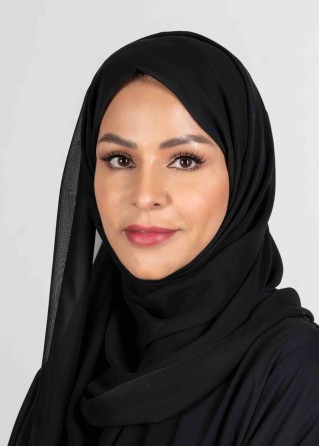NEP 2.0

A rising global population coupled with climate change and an increase in demand for water make food security one of our shared challenges as a species. Before the COVID pandemic more than 820 million people suffered from hunger, including 110 million who were living in acute food insecurity. Against this global backdrop, the UAE has taken strong steps to become more self-sufficient in food supplies by investing in innovations such as vertical farming and cultivating climate-resilient crops.
DR. Salama works at the Abu Dhabi Agriculture and Food Security Authority, whose mandate is to ensure food security, biosecurity, and sustainable agriculture for the emirate. She developed a Strategic Framework for Prevention and Control of Emerging Diseases in the Eastern Mediterranean Region along with experts from the WHO, and has also worked in conjunction with international organizations such as the OIE (World Organization for Animal Health) and the United Nation’s Food and Agriculture Organization. “It is important to build up our local capacity of know-how with joint public-private partnerships and to build a local pool of experts.”
The National Experts Program is an important step towards DR. Salama’s goal of becoming an internationally recognized technical expert in food security. She also wants to apply the mindsets taught in the program to create a culture at ADAFSA that uses innovation to solve problems in her field. “I think we should conduct more research on food security to address our knowledge gaps and provide science-based options. We need to make better use of big data, artificial intelligence, and innovation.”
